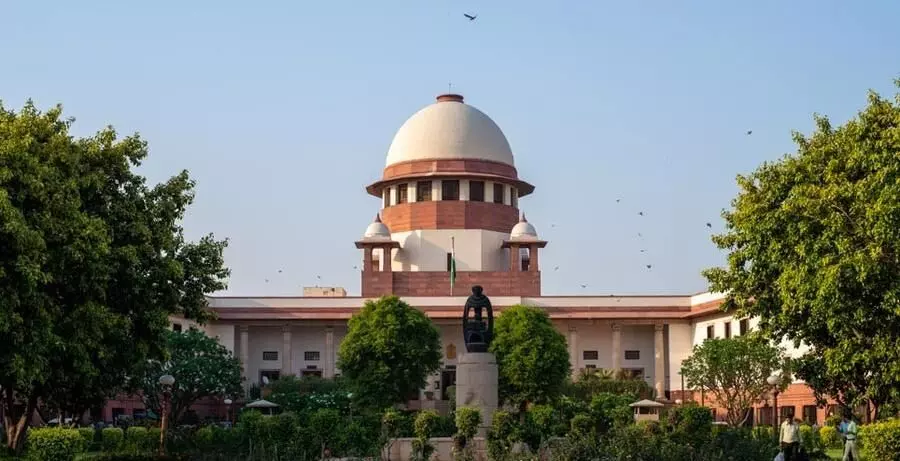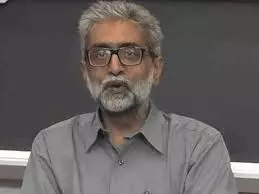
May the judiciary's vigilance continue
text_fieldsThe Supreme Court's ruling invalidating the arrest of Prabir Purkayastha, senior journalist and founder of online media entity NewsClick, and stating that he should be released immediately, comes as a major relief to media and civil rights activists who have been raising their voices against the excessive power of the government. Justice BR Gavai and Justice Sandeep Mehta have made a sharp criticism of the state by stating that they have no hesitation in saying that Purkayastha's remand order prepared by the Delhi Special Cell was invalid, his arrest was illegal and no reasons for his arrest were given at that time. The Supreme Court's findings provide additional insight into the legal transgressions and civil rights breaches committed by the Central Government and Delhi Police in the NewsClick case. Moreover, this judgment proves once again that the draconian law UAPA is the most terrible instrument of repression of the state. Following a report in the New York Times that NewsClick had received money from China to undermine India's sovereignty and create enmity against the country, Purkayastha and HR manager Amit Chakraborty were detained by the Delhi Special Police on October 3, 2023, with clear knowledge of the central government.
In connection with these arrests, widespread raids were conducted in the homes and offices of around 80 journalists across the country and their laptops and mobile phones were seized. The case was filed against media organisations under sections that are usually inconceivable including Sections 13 (unlawful activities), 16 (terrorist act), 17 (raising funds for terrorist acts), 18 (conspiracy), and 22(C) (offences by companies, trusts) of the UAPA. Rejecting the argument that granting bail to Purkayastha, who has passed the age of 77, would undermine the security of the country, the Supreme Court accepted his counsel Kapil Sibal's contention that not giving written reasons for the arrest was a violation of the right to life and due process of law. In another case, the Supreme Court had rejected the NIA's request to cancel the bail granted by the Bombay High Court to social activist Gautam Navlakha, who is on trial in the much-delayed Bhima Koregaon case. On December 19, 2023, the High Court granted bail to Navlakha, observing that there was no prima facie evidence to link Navlakha with any terrorist activity under the UAPA. Both these judgments reflect the joy of democratic institutions guarding against overarching exercise of power by the state. In the Bhima Koregaon case, most of the 16 well-known human rights activists, including Keralites Rona Wilson, Hani Babu, etc., are still denied bail and are having to stay in jail, not because of treason, but because they spoke loud against the government.
The real crime committed by Purkayastha was to bring to light the atrocities that were taking place in the border areas which the Centre wanted to hide. What really strengthened the authorities' belief that such arrests could silence those who spoke out against them was the silence of the heavily entrenched mainstream media and the eulogies they gave of the regime. A fact not to be forgotten is that democratic systems and institutions which are rendered blind, contribute to the country's inability to openly debate violations of the law that are prima facie invalid in the eyes of justice. The fundamental rights of persons who have been imprisoned under UAPA for more than a decade as undertrials still remain in the dark. The full joy of freedom and democracy will be achieved when the eyes of justice are opened not only to the better known figures but also to the oppressed. The Supreme Court's decision in Purkayastha's case are laudable steps in this direction.


























